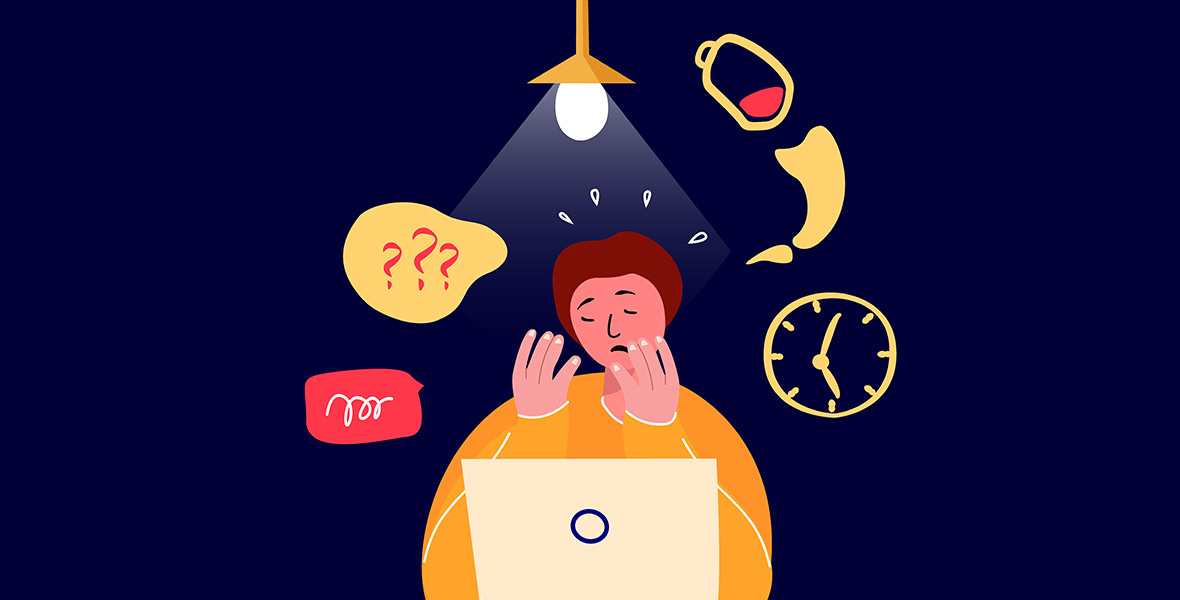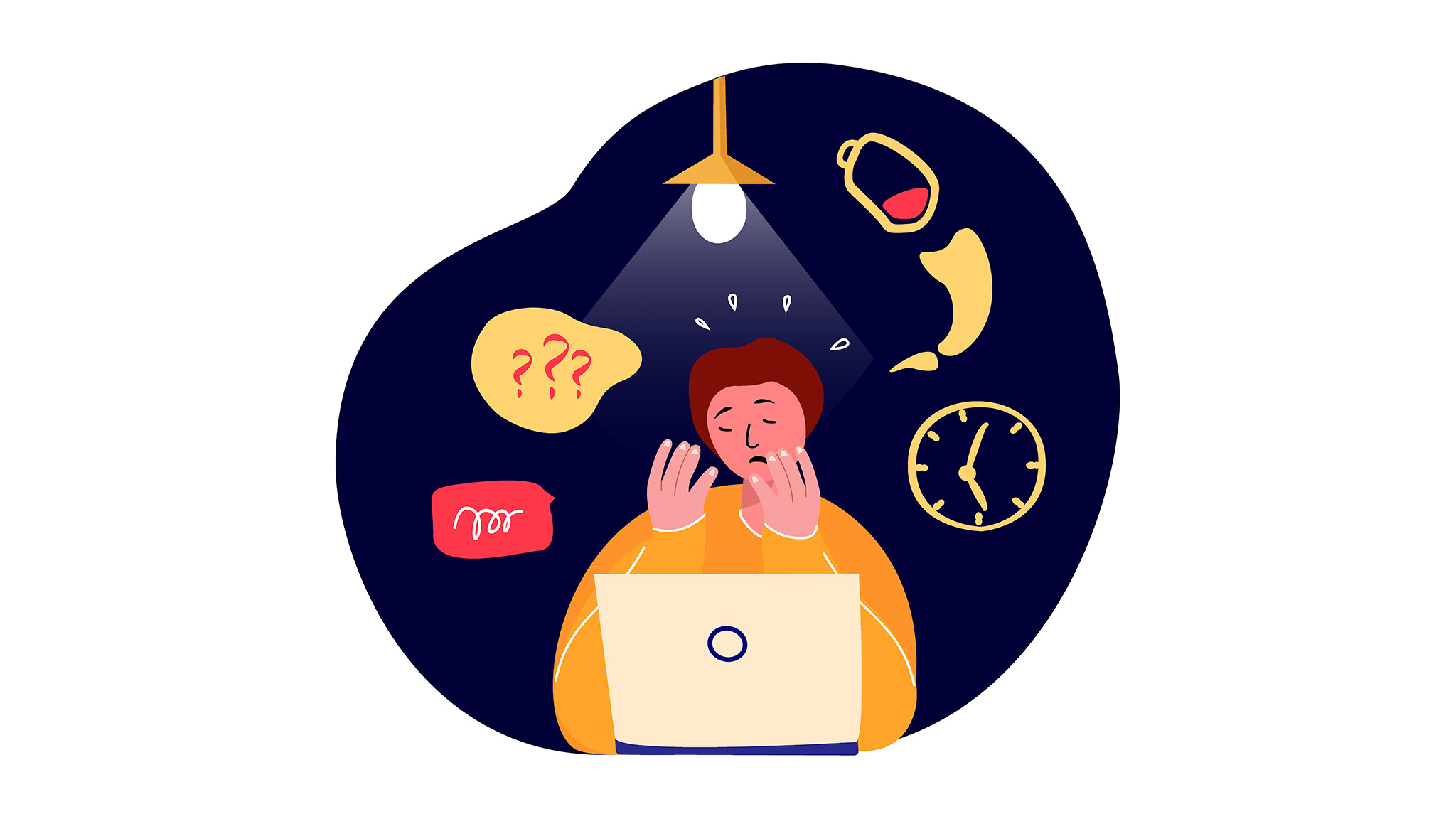Mental health spotlight: Understanding and avoiding student burnout
25 Oct 2022
25 Oct 2022

High school has its challenges. As students deal with the upheavals of pandemic-altered school life and the pressure of exams, the potential to feel overloaded and overwhelmed is real.
According to a study by the Black Dog Institute and UNSW, high school burnout is no different to that experienced by professional workers and carers. It means that understanding burnout and setting good mental health practises now can help students navigate the transition into their future careers. In the short term, whether it’s off-campus HSC tuition or in the classroom, focusing on good mental health can mean better retention of lessons, greater enjoyment of school and a desire to continue studying at university.
So what exactly is burnout, and how can we prevent it? Let’s take a look.

Burnout isn’t just a buzzword, it’s a legitimate mental health concern"
What is burnout?
Burnout isn’t just a buzzword, it’s a legitimate mental health concern, classified by The World Health Organisation as an ‘occupational syndrome’. Its triggers and its symptoms are varied, but it’s typically identified by experiences like apathy, exhaustion and reduced performance. According to a recent study in the journal Trends in Psychology, student burnout is associated with low engagement, poor motivation and actively avoiding work.
Identifying burnout can be tricky unless you know what to look for. The UNSW study lists 9 key indicators of burnout to look out for:
How to deal with burnout:
If you’re finding yourself dealing with burnout, it’s okay. It’s good to understand that burnout is common, and it’s nothing to hide. Here are a few ways to cope with burnout:
HSC tuition with Accel iQ
At Accel iQ, we understand the complexities of high school study. Our HSC tuition is guided by experienced tutors running programs of Physics, Chemistry and Maths tuition. For students struggling with the pace of classroom learning or those that benefit from a more personal experience, online or on-campus HSC tuition can provide significant benefits.
Beyond academic success, student wellbeing and mental health is always our priority. We provide Physics, Chemistry and Maths tuition with flexibility, engaging lessons and an enjoyable atmosphere to ensure every student has the opportunity to be their best and enjoy the high school experience.